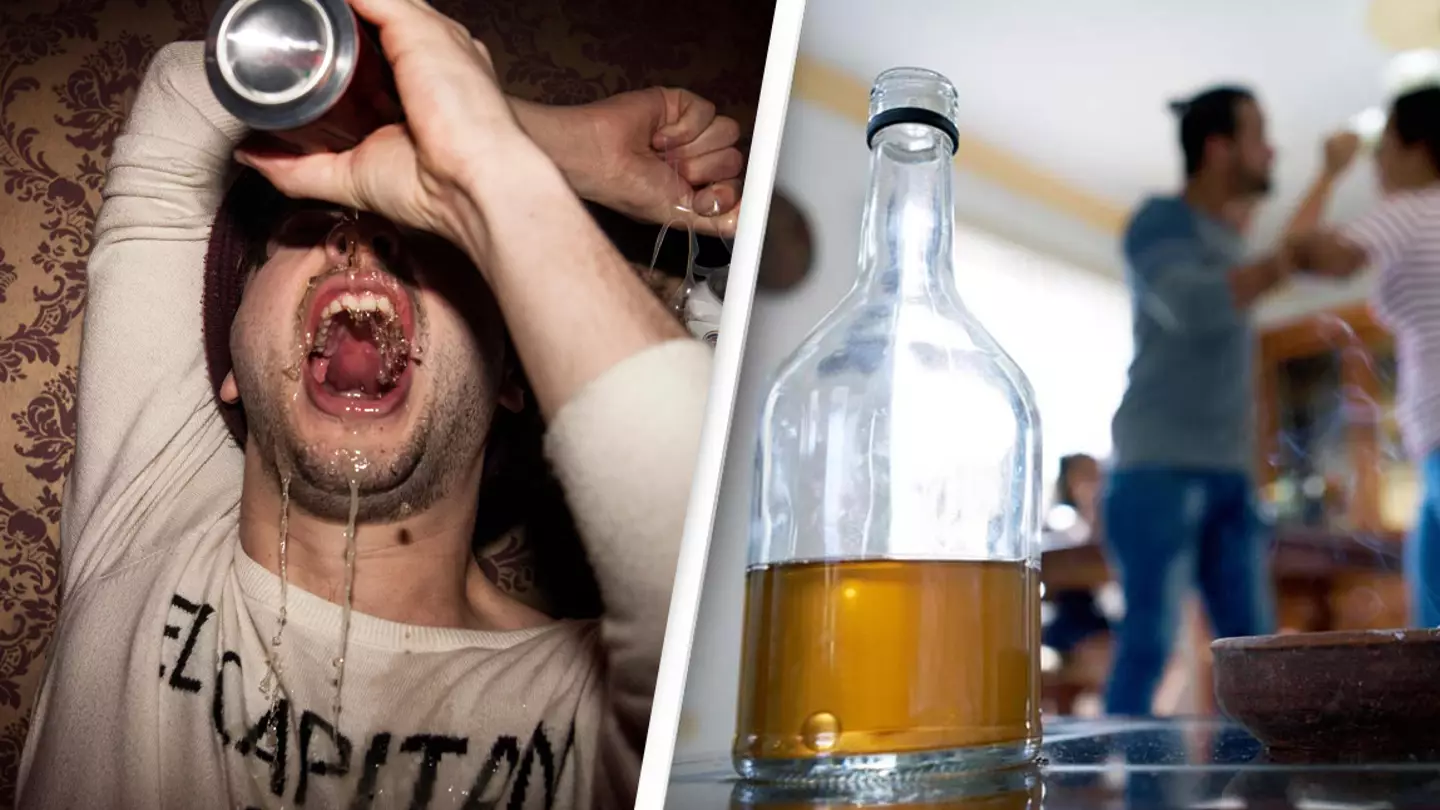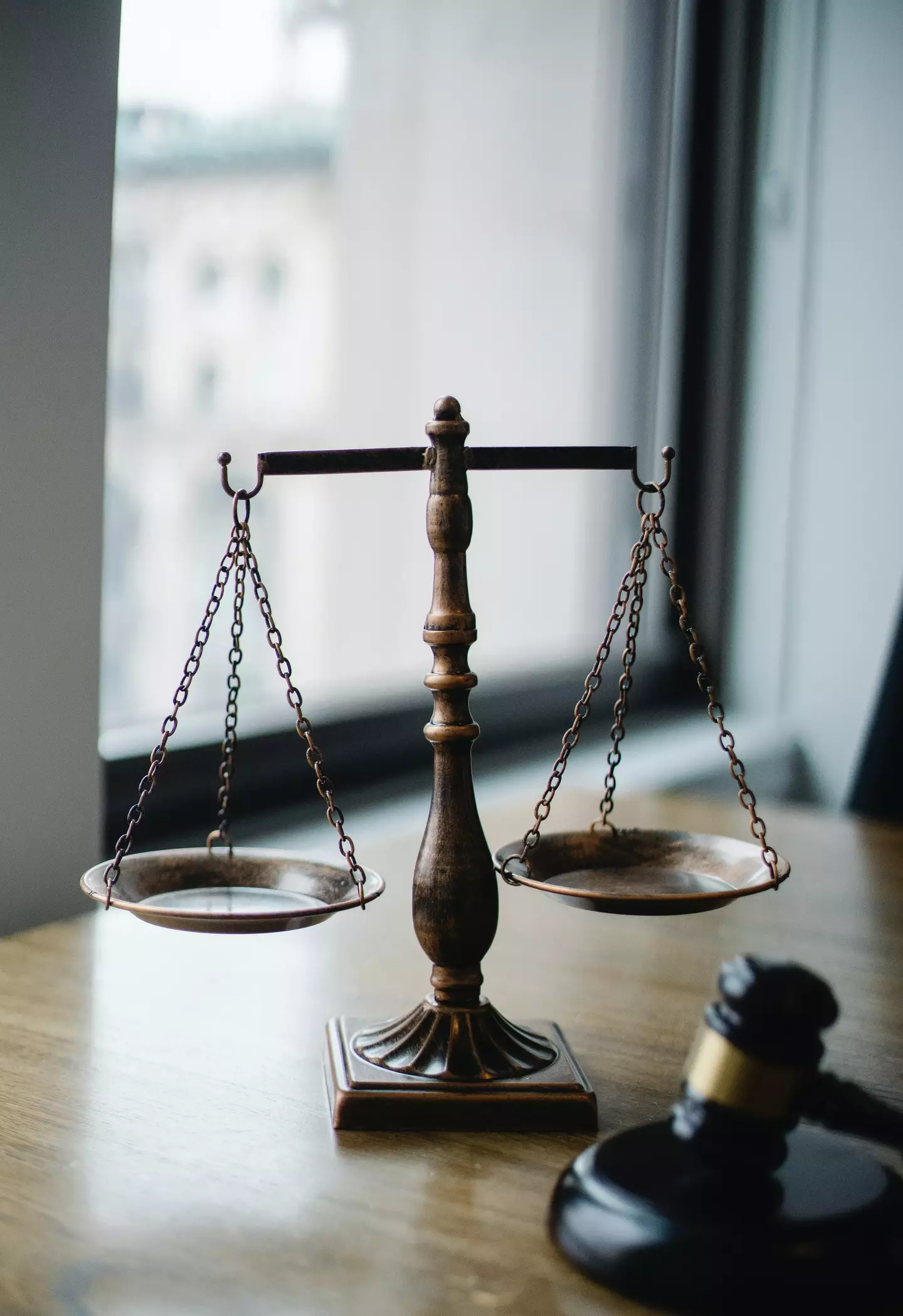
Trigger warning: This article discusses sexual assault and drug and alcohol misuse.
Canada’s Supreme Court has recently overturned a rule which previously prevented ‘extreme intoxication’ from being used as a defence for rape and murder.
On Friday (13 May), the judicial court system in the country stripped back a 1995 law which previously prohibited defendants from using the excuse of being overwhelmed by drugs or alcohol for dangerous crimes like homicide and sexual assault.
Advert
This milestone law banned defences of this kind from being used in court cases, but this has since been overturned for being ‘unconstitutional’ and therefore violating Canada’s Charter of Rights and Freedoms.

This overturning of the law means defendants may not be held criminally accountable for their actions if they were extremely intoxicated at the time, or having ‘non-mental disorder automatism’ as the court terms it.
This implies they were not mentally sound or were grossly consciously impaired due to the drugs or alcohol they consumed.
Advert
The issue of the law being overturned first came to light due to three separate cases, with the court upholding the acquittal in two of its cases and stating that a trial could be ordered in the third.

The Women’s Legal Education and Action Fund had warned against revoking the law, writing (as reported by Global News): "The harm caused to women as a result of intoxicated violence is devastating and infringes on their right to security and equality.
"Holding individuals accountable for violent crimes committed in a state of self-induced intoxication is a pressing and substantial objective, given that a failure to do so excuses such violence and discourages reporting as an option for survivors."
Advert
People have since taken to Twitter to share their concern, with one user writing: “This is a joke right?”

Another wrote: “Not to be outdone up here in 'better than they are Canada' but our Supreme Court seems to hate women's rights too!"
A third said: "Canada has just ruled that you can use being drunk as your defence for sexual assault. I don’t really have any words, and also I’ve got too many."
Advert
Attorney General and Justice Minister David Lametti said the Canadian parliament would review the decision.
He said in a statement: "Our Government is unwavering in its commitment to ensuring that our criminal justice system keeps communities safe, respects victims, holds offenders to account, all while upholding Charter rights.
“We are carefully reviewing the decision to determine its effect on victims as well as the criminal law. It is critically important to emphasise that today’s decision does not apply to the vast majority of cases involving a person who commits a criminal offence while intoxicated."
UNILAD has contacted a domestic violence charity for their thoughts on the matter.
Topics: News, Canada, World News
